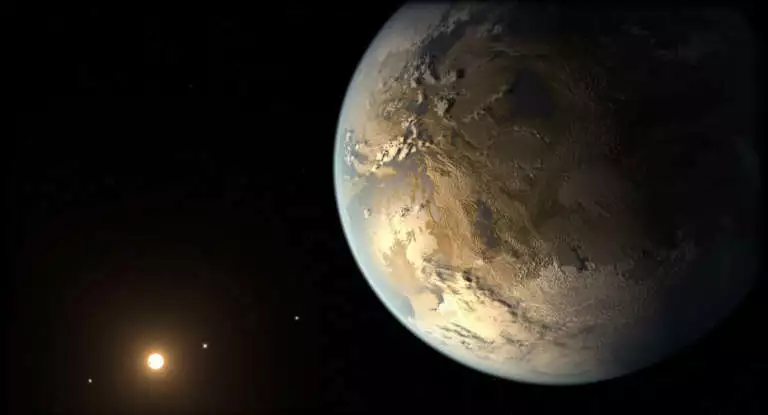Science Topics beginning with ‘E’:
Energy:
Conservation of Energy
In classical physics there are four conservation laws:
- Conservation of Momentum
- Conservation of Energy
- Conservation of Angular Momentum
- Conservation of Charge
For conservation laws of systems within modern physics, reference should also be made to Noether’s Theorem.
Noether’s Theorem
For conservation laws beyond classical physics and particles it is necessary to consider symmetries. The mathematician Amalie (Emmy) Noether proved her theorem relating conservation laws to symmetries in 1915 and published it in 1918.
Quoting from the Wikipedia article:
‘Noether’s theorem is used in theoretical physics and the calculus of variations. It reveals the fundamental relation between the symmetries of a physical system and the conservation laws. It also made modern theoretical physicists much more focused on symmetries of physical systems’.
‘ Noether’s theorem can be stated informally:
‘If a system has a continuous symmetry property, then there are corresponding quantities whose values are conserved in time.[7]‘
(The citation note [7], above, links to: https://books.google.com/books?id=O25fXV4z0B0C&pg=PA5 )
Exoplanet:
Exoplanets
The second of our science topics, Exoplanets, has a bearing on the probability of life on other planets in our galaxy. The nature of recently discovered exoplanets suggests that the conditions for life are perhaps much rarer than previously thought. Nevertheless, even allowing for the rareness of the necessary solar system and planetary conditions, there is still thought to be a reasonable probability of the existence of life in our Milky Way galaxy given the billions of solar systems within the galaxy.
Earth-like Planets
Would socially and technologically advanced aliens evolve from an Earth-like exoplanet?
The Planetary Society has published an article on their web site on the topic of ‘Earth-like worlds’: https://www.planetary.org/articles/earth-like-worlds

Experiment:
Science Experiments
[Blog Reference ST: PT-B1-C1_220512.]
Modern science relies upon objective observation of the natural world and repeatable experiments to verify theories that describe our Universe and its laws of physics. Thus experiments are an essential tool to enable us to understand the true nature the world. Engineers also use experiments and tests to check their designs and ensure that equipment and products meet design criteria and industry quality standards.